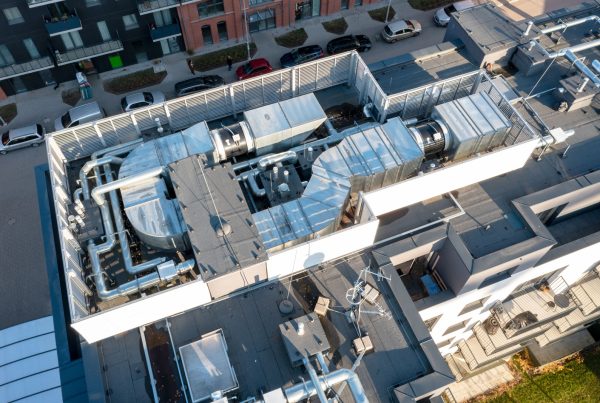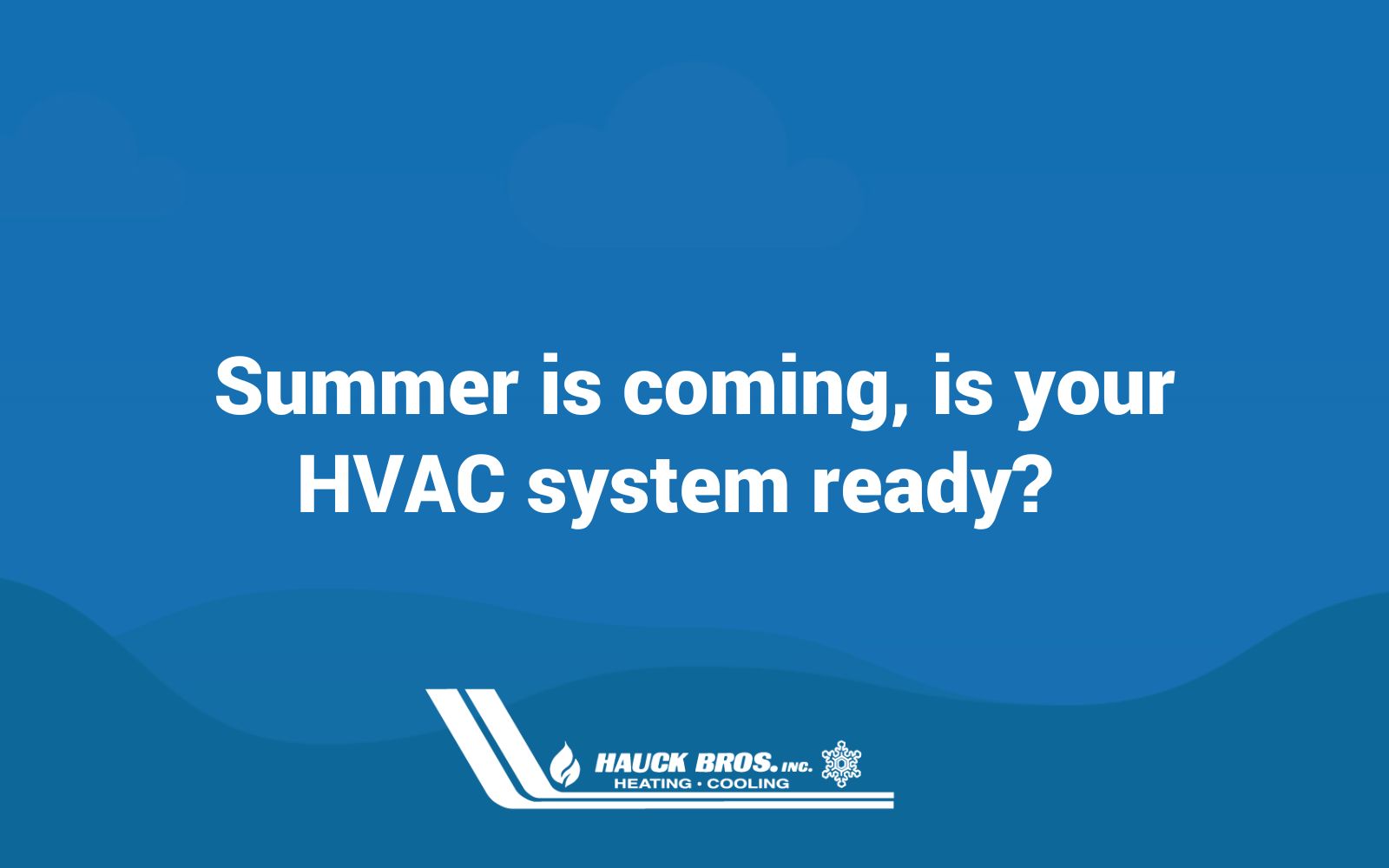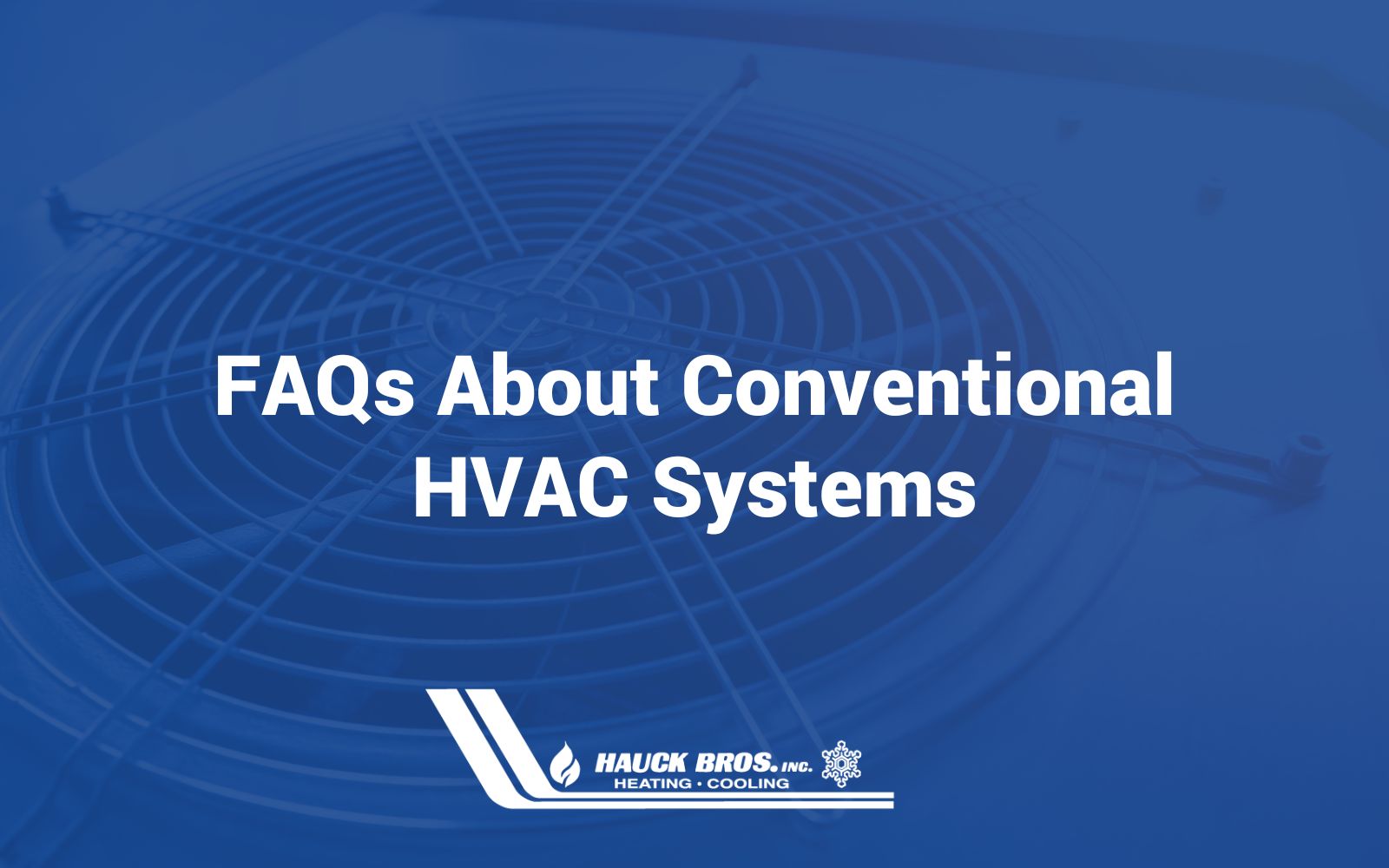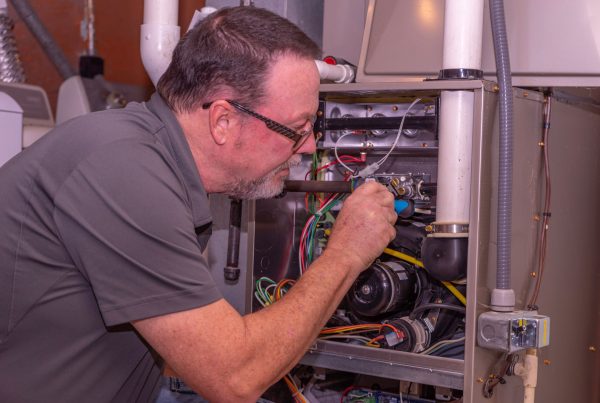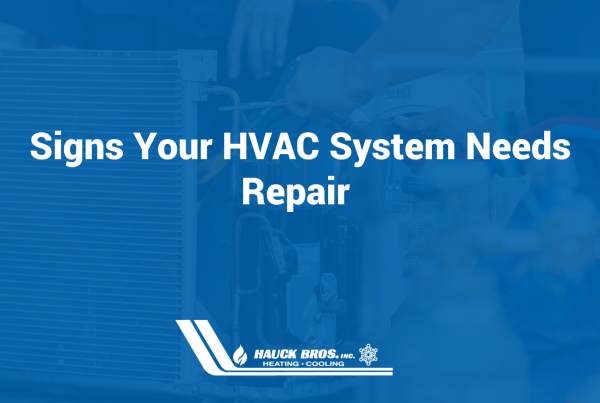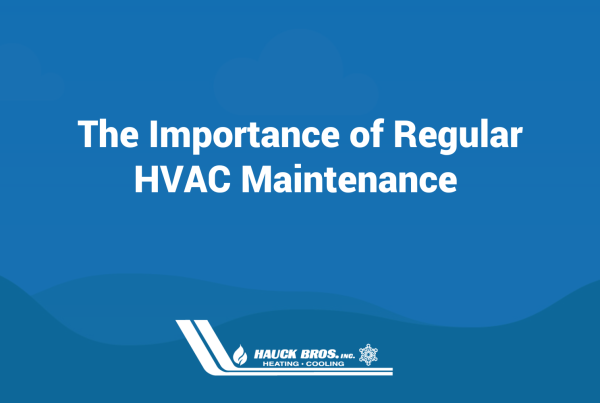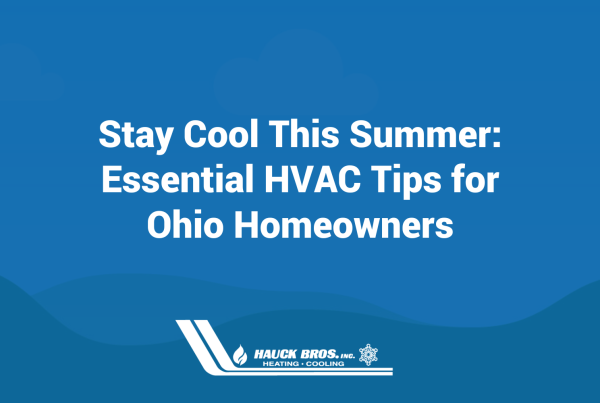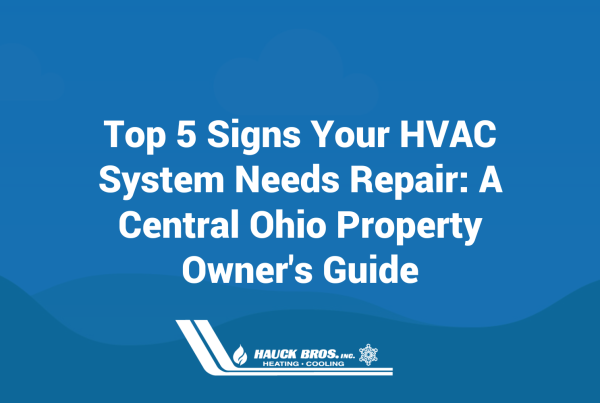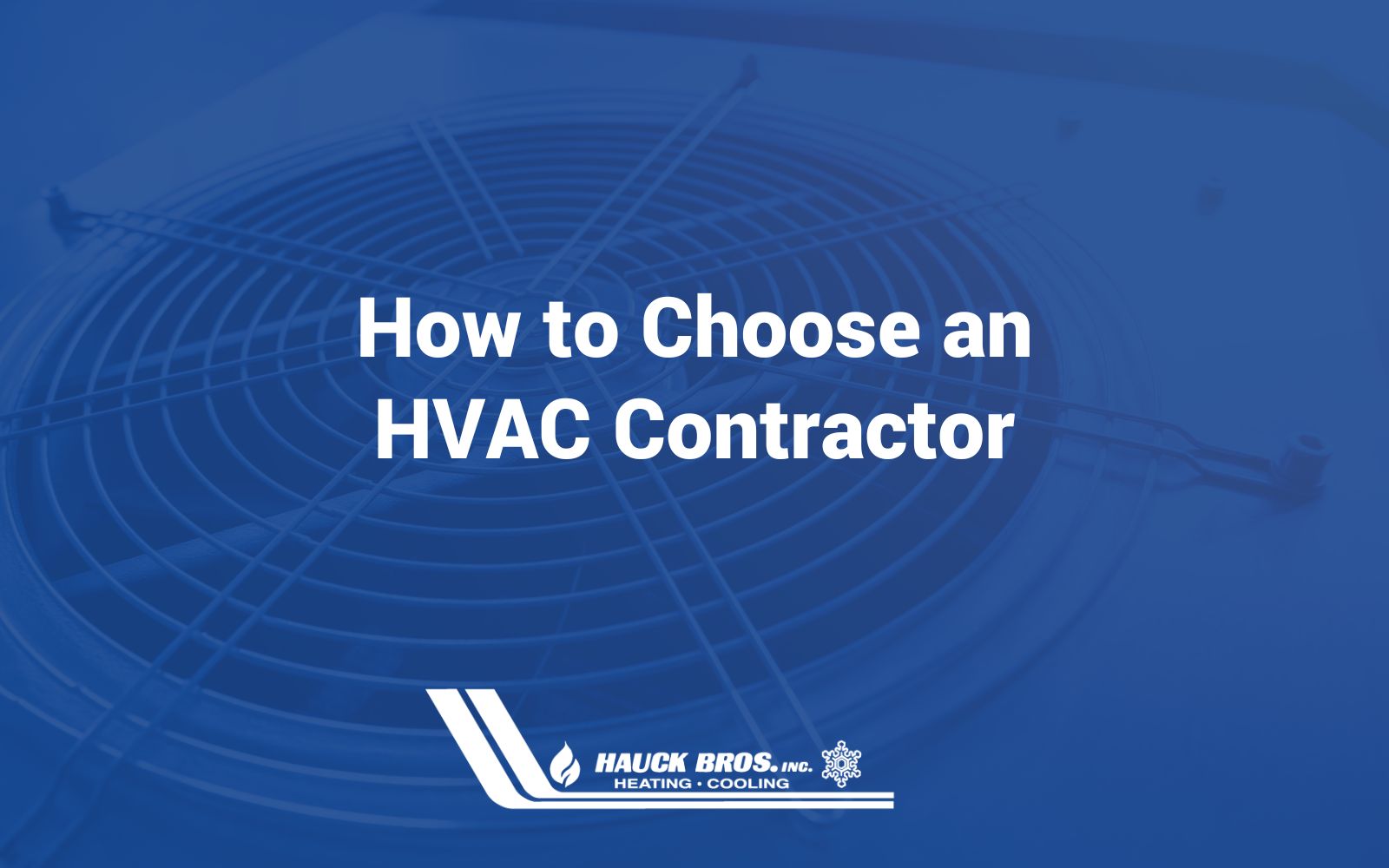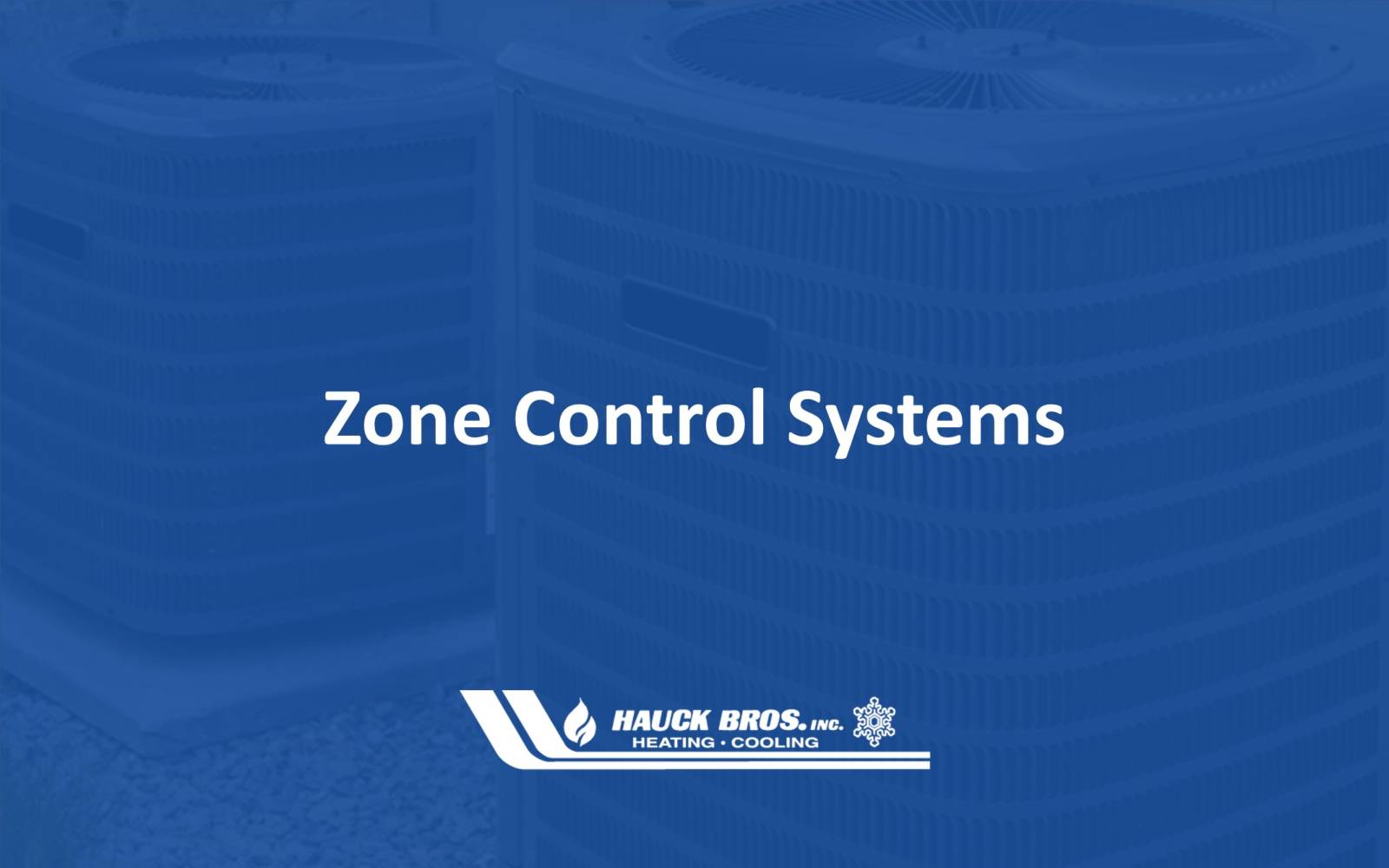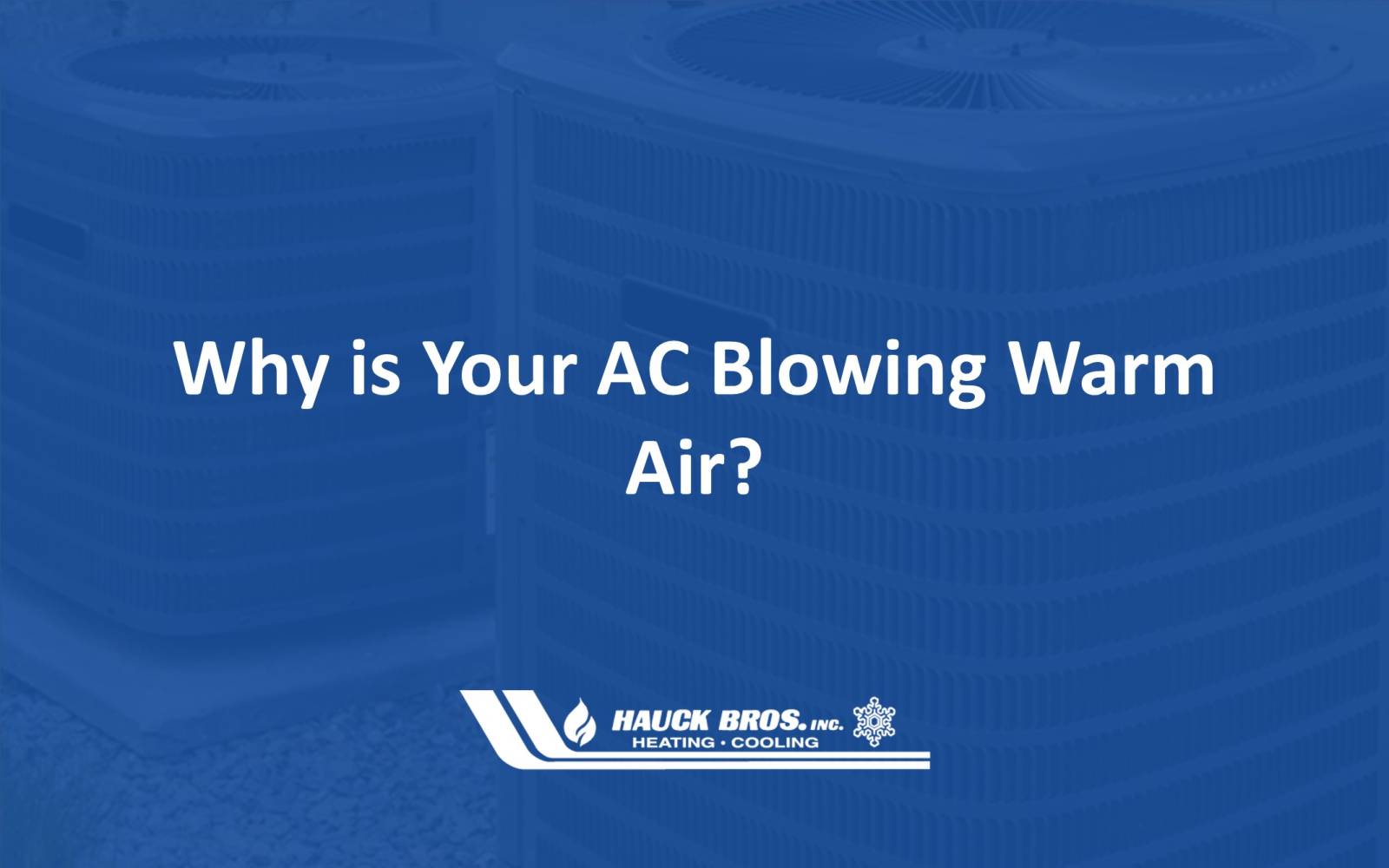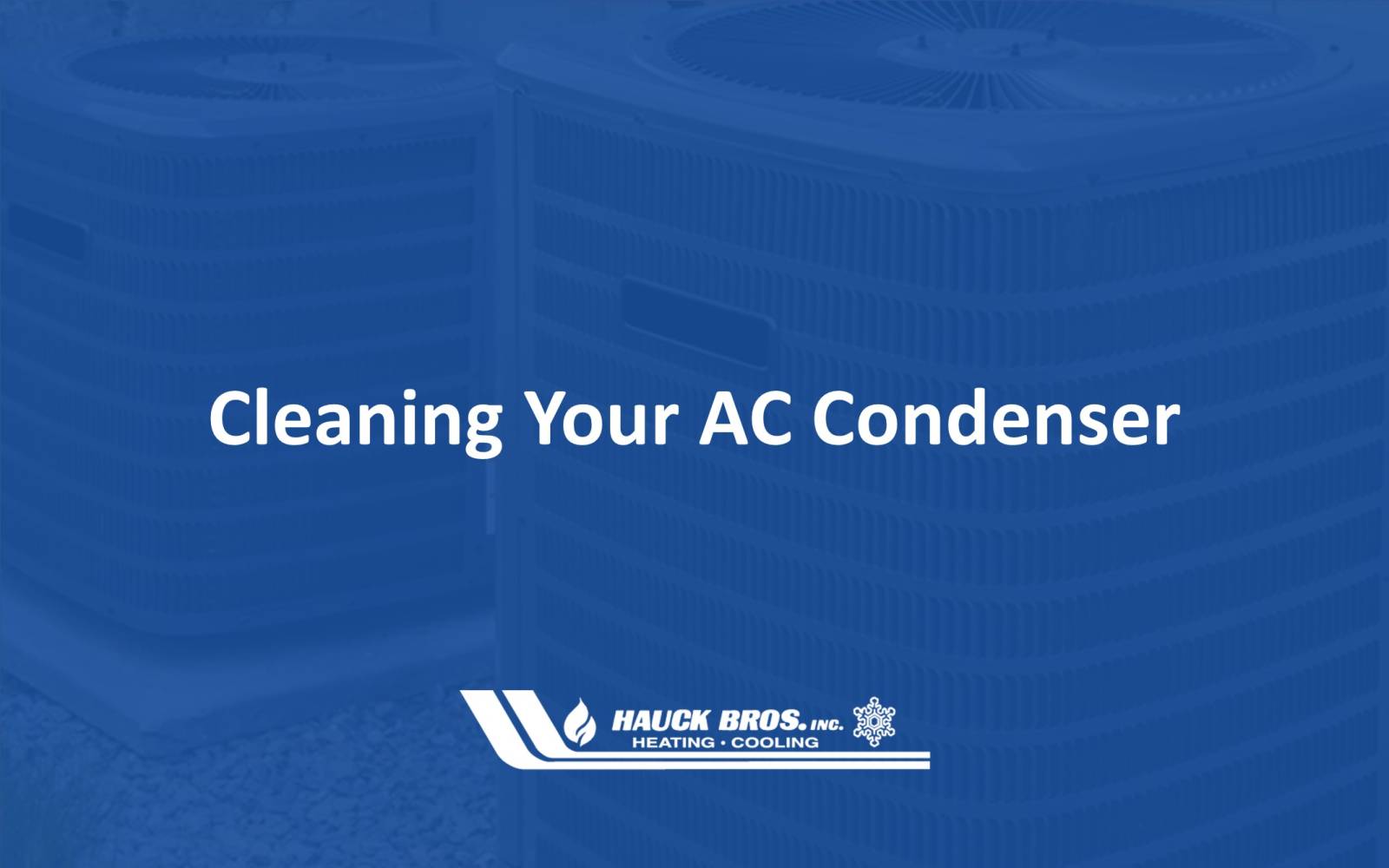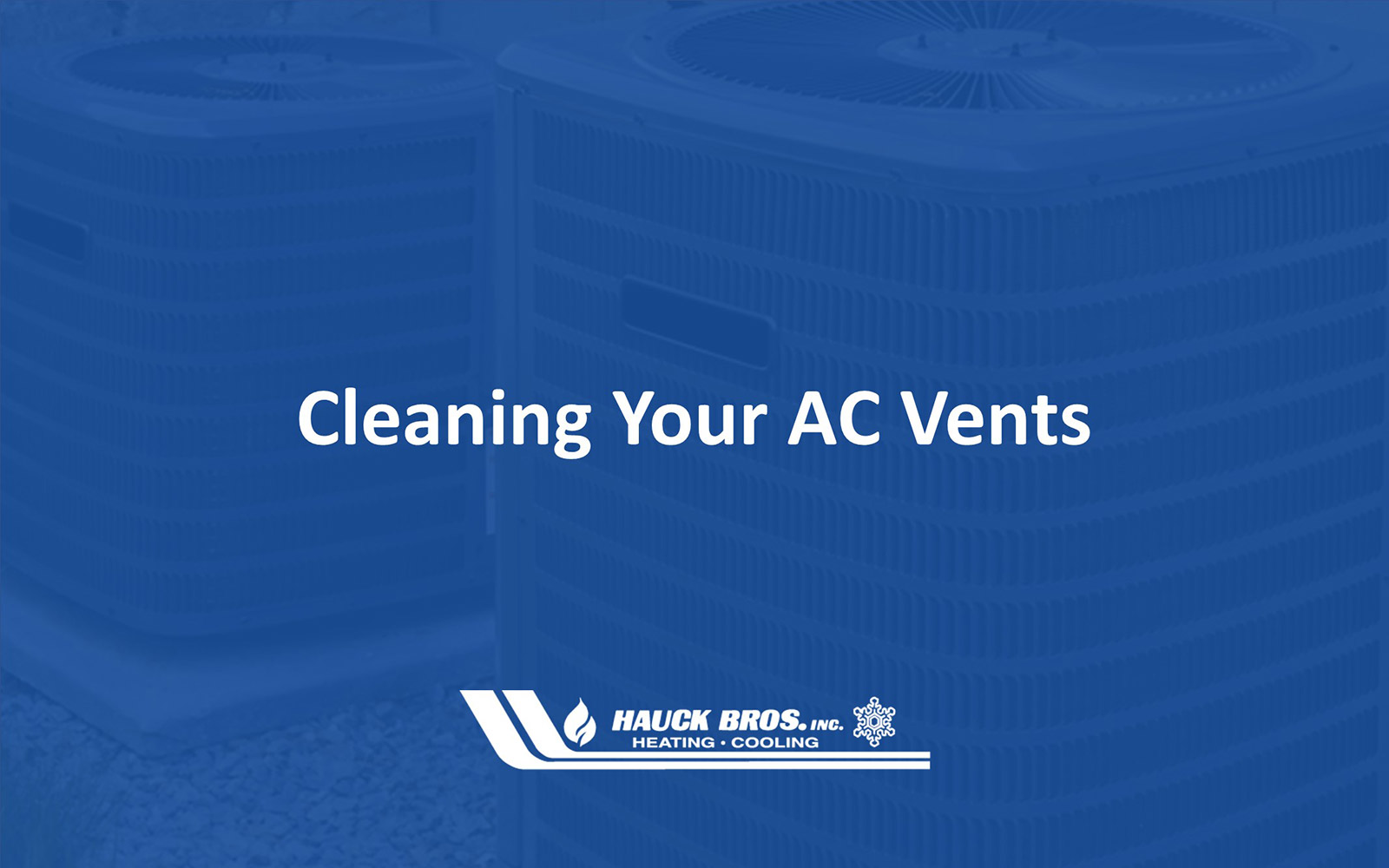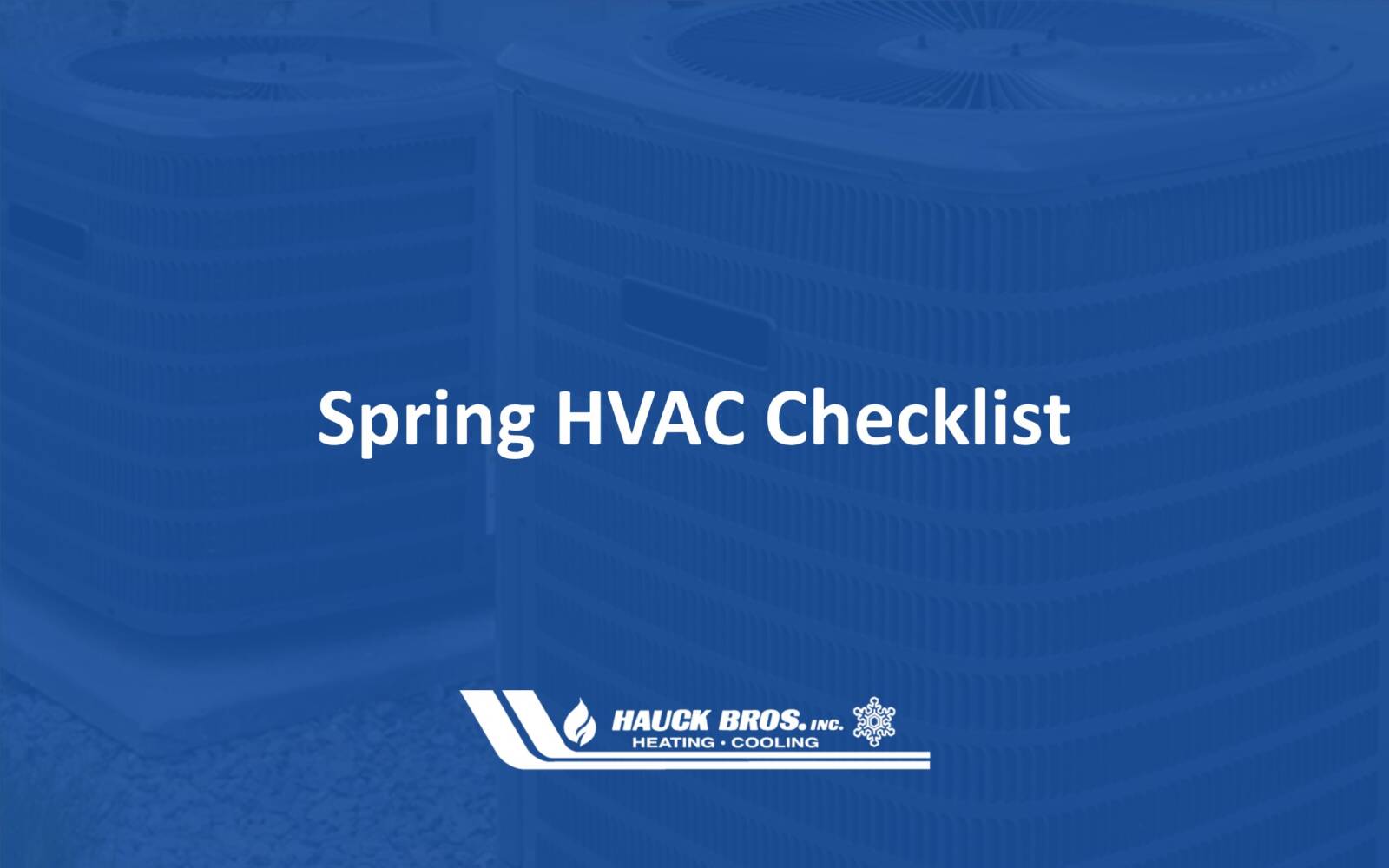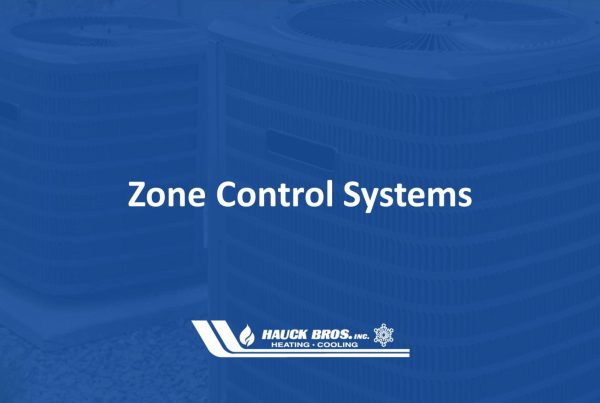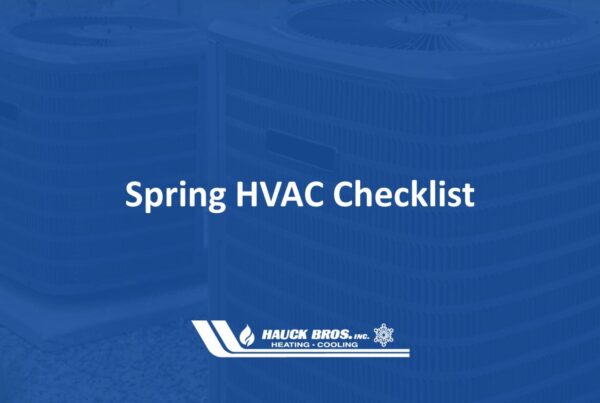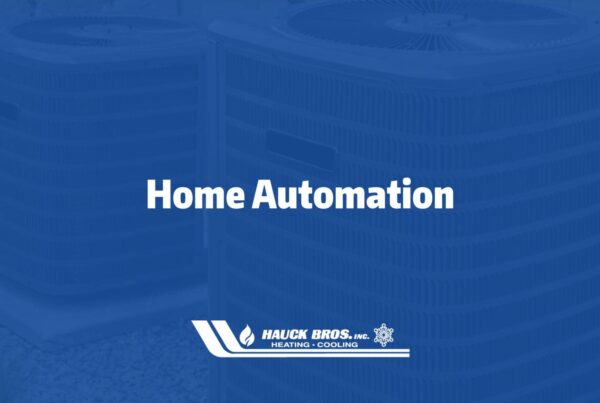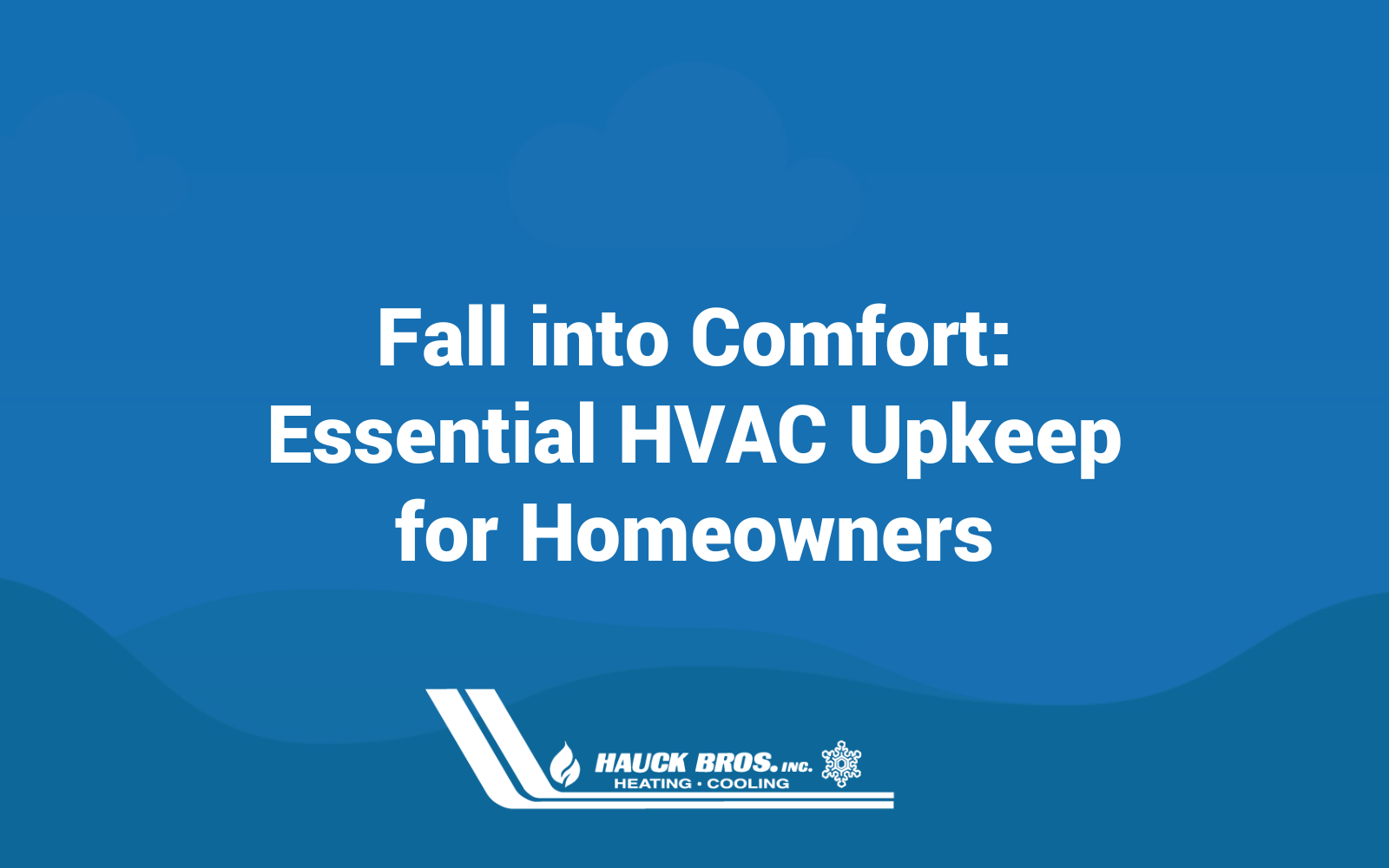
As the leaves begin to fall and the temperatures start to drop, it’s about the right time to transition your home from the scorching heat of summer to the cozy comfort of fall. Your HVAC system plays a crucial role in maintaining a comfortable indoor environment during this season of change. Here are some essential HVAC upkeep tips that every homeowner should consider as autumn approaches.
Change Your Air Filters: One of the simplest yet most effective ways to keep your HVAC system running efficiently is by regularly changing the air filters.
Over the summer, these filters can become clogged with dust and debris, making it harder for your system to circulate air. A clean filter ensures better indoor air quality and reduces strain on your HVAC unit.
Schedule a Professional Tune-Up: Before the cold weather sets in, it’s always a good idea to schedule a professional HVAC tune-up.
A certified technician like us at Hauck Brothers can inspect and clean your system, making any necessary adjustments to ensure its operating at peak efficiency. This not only keeps your home comfortable but also helps save on energy bills down the line. If you haven’t already, sign up for a maintenance plan to ensure these tune-ups are already on the docket for your family.
Check Your Thermostat Settings: Review your thermostat settings and consider switching from cooling to heating mode when the timing is right for your area and comfort level.
Additionally, invest in a programmable thermostat if you haven’t already done so. This allows you to set specific temperature schedules for different times of the day, optimizing your HVAC system’s performance.
Seal Any Leaks: Inspect your home for drafts around doors and windows. Seal any gaps or cracks to prevent warm air from escaping and cold drafts from entering. Proper insulation will help your HVAC system maintain a consistent temperature indoors.
As fall approaches, your comfort is our priority. Ensure your HVAC system is ready for the season. Reach out to us for a professional inspection or tune-up today, and stay cozy until warmer weather rolls around again.
Related Posts

